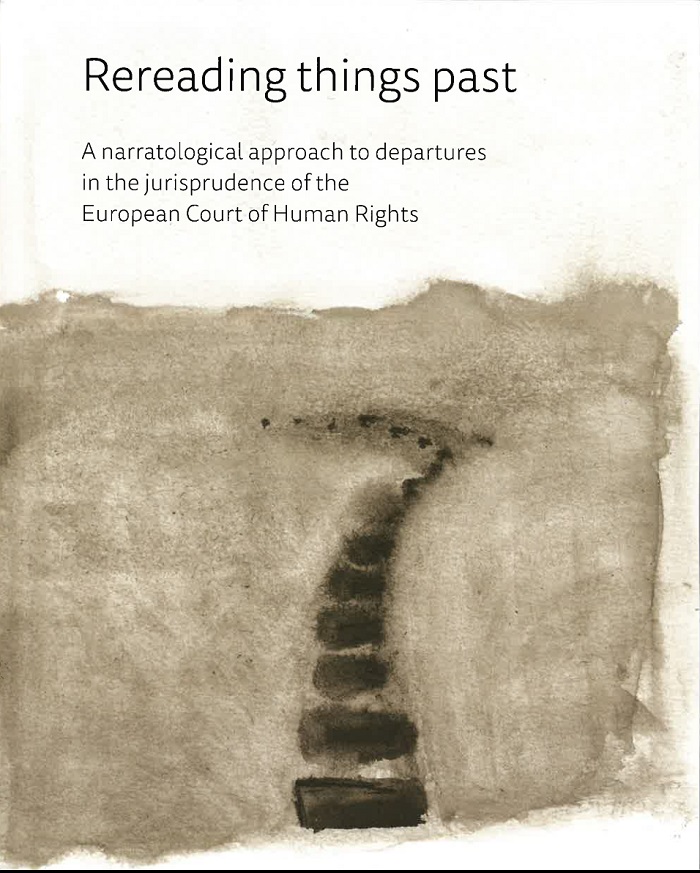
When the European Court of Human Rights departs from its established position on a particular legal problem, it has to explain this departure in the light of previous judgments on a similar matter. It is true that the ECtHR does not have a legal obligation to follow its own previous judgments; however, as Yuliia Khyzhniak argues in her dissertation, they still represent a narrative problem for the Court. How does the Court solve this problem? How does the novelty become part of the existing jurisprudence? This dissertation addresses these questions following a certain approach within an interdisciplinary field of Law and Literature — narrative criticism of law. It examines legal narrativity, particularly, the narrativity of judicial decisions which emerges due to the fact that judicial decisions make references to previous cases in order to justify a present decision. When the ECtHR pronounces on a certain issue for the first time it starts telling a story about it. Then with each new case on this issue, the ECtHR adds a new chapter to the existing narrative. And if the Court decides to change its position, it has to take into account the previous narrative as well. Hence, Khyzhniak analyses departures in ECtHR jurisprudence as parts of a longer narrative — a chain of cases, which is a sequence of judgments about a particular legal issue. The dissertation starts by analysing how ECtHR judgments embody their narrativity. The latter is not evenly distributed throughout the text of the judgment, thus different parts of the judgment contain different degrees and kinds of narrativity. After this exploration, it then moves to applying narrative concepts to judgments. With the help of one of the central elements of narrative theory — narrative agency — the voice which pronounces a judgment and the figure of the Court as discerned from the texts of judgments is analysed. Therefore, Khyzhniak examines the narrating agent (narrator/voice) and the acting agent (character of the Court). These agents have a colossal impact on how ECtHR judgments are perceived, and to what extent the Court’s words are trusted and believed. This is especially true for the part of the narrative that is focused on - a departure - where the questions of voice, agency and responsibility acquire an even greater significance. The analysis of the narrative agents in ECtHR judgments shows that the manner in which the ECtHR speaks about itself at the moment of departing from a previous position is reminiscent of the way in which turning points are constructed in literary narratives. The narratological concept of the turning point and its metaphorical implications allows us to examine the narrative techniques the ECtHR uses to tell about departures in its case law. The thesis analyses three departures in particular which require telling three different stories depending on what was said in previous judgments. These three different departures show what a large shaping role crucial changes perform in the Court’s jurisprudence, which is exactly the reason why they may be viewed as turning points.
Khyzniak defended her PhD thesis on October 24. Supervisors: prof. dr. Pauline Westerman, prof. mr. dr. Jeanne Gaakeer.
Yuliia Khyzhniak
Rereading things past: a narratological approach to departures in the jurisprudence of the European Court of Human Rights

